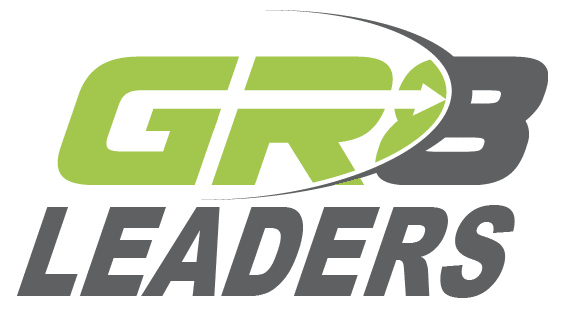Coaching Focuses on Their Best, because leaders value and develop people. It is not about demanding the best; coaching invites and facilitates it. GR8 Leaders know that a key task of leadership is to develop more leaders, which requires time to coach. Coaching uses THP to provide clarity on what the person needs to achieve. It requires getting to know the person to facilitate skills, insights, and possibilities.
Coaching Uses Recognition and Praise shows leaders that they are hurting the organization when they don’t respect their people enough to praise them. Recognition and praise are simple, free, and highly effective for developing, valuing, and even enhancing the productivity of people. Remember this simple guideline – make it True, Specific, and Personal. The research shows a big difference when leaders use recognition and praise and show respect for the people they work with. It is not a marginal difference; it is substantial.
Coaching Requires Listening maybe more than speaking. That’s why listening is a prized skill of GR8 Leaders but a vastly underrated skill of poor leaders. Listening occurs when humility, focus, and curiosity combine, and it works best when you picture what people tell you. Picturing enhances your ability to understand and retain what you have heard.
Coaching Requires Questions in fact, a good ratio is 4 questions to every one statement. Questions are probably the most powerful skill for leaders. Peter Drucker said, “The leader of the future will be a person who knows how to ask.” Because of the importance of both, listening and questions are practiced throughout the program.
| Module 1 | Coaching Focuses On Their Best | |
|---|---|---|
| Unit 1 | 040100 – Coaching | |
| Unit 2 | 040200 – FOCUS: A Coaching Definition | |
| Unit 3 | 040300 – Coach or Teach? | |
| Unit 4 | 040400 – 5 Coaching Relationship Mistakes | |
| Unit 5 | 040500 – Coaching Uses THP and ALA | |
| Unit 6 | 040600 – Coaching Is / Is Not | |
| Unit 7 | 040700 – Amoeba Theory | |
| Unit 8 | 040800 – Coaching Myths | |
| Unit 9 | 040900 – Coaching Benefits the Organization | |
| Module 2 | Coaching Uses Recognition and Praise | |
| Unit 1 | 040901 – Quiz and Benefits | |
| Unit 2 | 040902 – Directly Impacts the Business | |
| Unit 3 | 040903 – Questions | |
| Unit 4 | 040904 – Three Praise Reminders | |
| Unit 5 | 040905 – 2 Don’ts | |
| Unit 6 | 040906 – Two Tools | |
| Module 3 | Coaching Requires Listening | |
| Unit 1 | 041000- Curiosity Makes the Difference | |
| Unit 2 | 041100 – Exercise: Defensiveness or Learning | |
| Unit 3 | 041200 – Exercise Answers | |
| Unit 4 | 041300 – A Formula for Listening | |
| Unit 5 | 041400 – Listening Becomes Difficult When We… | |
| Unit 6 | 041500 – Listening Self-evaluation | |
| Unit 7 | 041600 – Listening Seldom Occurs When… | |
| Unit 8 | 041700 – Listening Helps and Reveals Attitudes | |
| Unit 9 | 041800 – Listening DON'TS | |
| Unit 10 | 041901 – Observational Listening | |
| Unit 11 | 042000 – Listen by Seeing – LISTEN | |
| Unit 12 | 042001 – Slow Motion Listening | |
| Module 4 | Coaching Uses the Power of Questions | |
| Unit 1 | 042100 – What Makes Questions Powerful? | |
| Unit 2 | 042200 – Four Types of Questions (Overview) | |
| Unit 3 | 042300 – Four Types of Questions Details | |
| Unit 4 | 042400 – Rulers of Discovery (Overview) | |
| Unit 5 | 042500 – WHAT | |
| Unit 6 | 042600 – HOW | |
| Unit 7 | 042700 – WHY | |
| Unit 8 | 042800 – Essentials for Conflict Resolution | |
| Unit 9 | 042900 – Question Templates |
